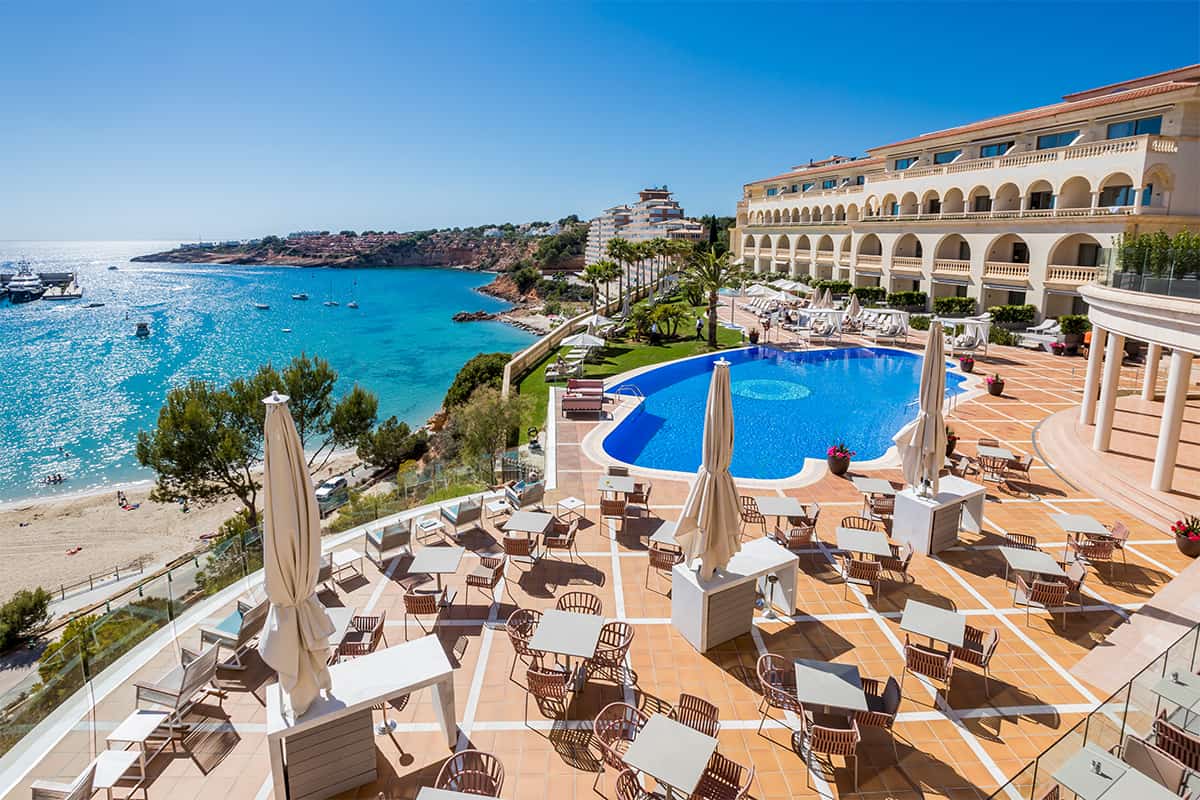This article will explore the impact of social responsibility on luxury hotels, highlighting best practices and case studies. The article will provide insights into how hotels can integrate social responsibility into their operations, the benefits of doing so, and the impact it can have on guest satisfaction and loyalty.
Luxury hotels have a significant impact on the environment and society, both positively and negatively. While hotels provide a vital service to guests and contribute to the economy, they can also have adverse effects on local communities, ecosystems, and resources. As a result, hotels are increasingly recognizing the importance of social responsibility and sustainability, integrating these practices into their operations and business models.
Social responsibility is not only the right thing to do but also a smart business strategy. By integrating social responsibility into their operations, luxury hotels can enhance their reputation, attract socially conscious guests, and differentiate themselves from their competitors. In this article, we will explore the impact of social responsibility on luxury hotels, highlighting best practices and case studies.
Best Practices for Social Responsibility in Luxury Hotels:

Best practices for social responsibility in luxury hotels refer to a set of actions and initiatives that hotels can implement to minimize their impact on the environment, support local communities, prioritize employee well-being, and engage in social causes. These practices aim to ensure that luxury hotels operate in a sustainable, responsible, and ethical manner.
Here are some examples of best practices for social responsibility in luxury hotels:
- Sustainable Operations: Luxury hotels can reduce their impact on the environment by implementing sustainable practices, such as energy-efficient lighting, water conservation, waste reduction, and green cleaning. By reducing their environmental footprint, hotels can contribute to the preservation of natural resources and ecosystems.
- Local Sourcing: Hotels can support local communities by sourcing products and services from local suppliers. By doing so, hotels can contribute to the local economy, promote cultural heritage, and reduce the carbon footprint associated with transportation.
- Employee Wellbeing: Luxury hotels can prioritize employee well-being by providing fair wages, benefits, and a healthy work environment. By treating employees well, hotels can attract and retain talented staff, improve job satisfaction, and enhance the overall guest experience.
- Community Engagement: Hotels can engage with local communities by supporting social initiatives, volunteering, and donating to local charities. By doing so, hotels can build strong relationships with local stakeholders, enhance their reputation, and contribute to the greater good.
These best practices for social responsibility in luxury hotels are not only good for the environment and society but can also have a positive impact on the hotel’s bottom line. By implementing these practices, luxury hotels can enhance their reputation, attract socially conscious guests, and differentiate themselves from their competitors.
Case Studies of Social Responsibility in Luxury Hotels:
There are many luxury hotels that have implemented social responsibility initiatives and practices.

Here are a few case studies of luxury hotels that have made a significant impact in their communities and the environment through their social responsibility efforts:
- Four Seasons Resort Costa Rica at Peninsula Papagayo: This luxury resort in Costa Rica has implemented several social responsibility practices to support the local community and protect the environment. The resort works with local suppliers to source products and services, uses solar power and other sustainable technologies to reduce energy consumption, and has implemented a recycling and waste reduction program. The resort also supports local education initiatives, such as a program to teach English to local students.
- The Ritz-Carlton, Charlotte: This luxury hotel in Charlotte, North Carolina, has implemented a social responsibility program called “Community Footprints.” The program includes initiatives such as sourcing food and products locally, reducing energy consumption, and providing volunteer opportunities for hotel staff. The hotel also donates a portion of its revenue to local charities and supports social causes such as hunger relief and environmental conservation.
- The Mandarin Oriental, Bangkok: This luxury hotel in Bangkok, Thailand, has implemented several social responsibility initiatives to support local communities and protect the environment. The hotel has a program to reduce waste and promote recycling, sources food and products locally, and has implemented water conservation measures. The hotel also supports local charities and initiatives, such as providing scholarships for underprivileged students and supporting a program to provide clean drinking water to local communities.
- The Fairmont Waterfront, Vancouver: This luxury hotel in Vancouver, Canada, has implemented several social responsibility initiatives to reduce its impact on the environment and support local communities. The hotel has a program to reduce energy consumption, sources food and products locally, and has implemented a waste reduction and recycling program. The hotel also supports local initiatives such as a program to provide food to low-income families and a program to support homeless people.
These case studies demonstrate that luxury hotels can make a significant impact through their social responsibility initiatives. By implementing sustainable practices, supporting local communities, and engaging in social causes, luxury hotels can enhance their reputation, attract socially conscious guests, and contribute to the greater good.
Conclusion:
Social responsibility is a crucial aspect of the luxury hotel industry, impacting the environment, society, and guest satisfaction. By integrating sustainable practices, supporting local communities, prioritizing employee wellbeing, and engaging in community initiatives, luxury hotels can enhance their reputation, attract socially conscious guests, and differentiate themselves from their competitors.
Through case studies and best practices, we have explored how luxury hotels can incorporate social responsibility into their operations, providing insights into the benefits and impact of doing so. As the hotel industry continues to evolve, social responsibility will become increasingly important, and hotels that prioritize sustainability and social responsibility will be better positioned to succeed in the market.


























